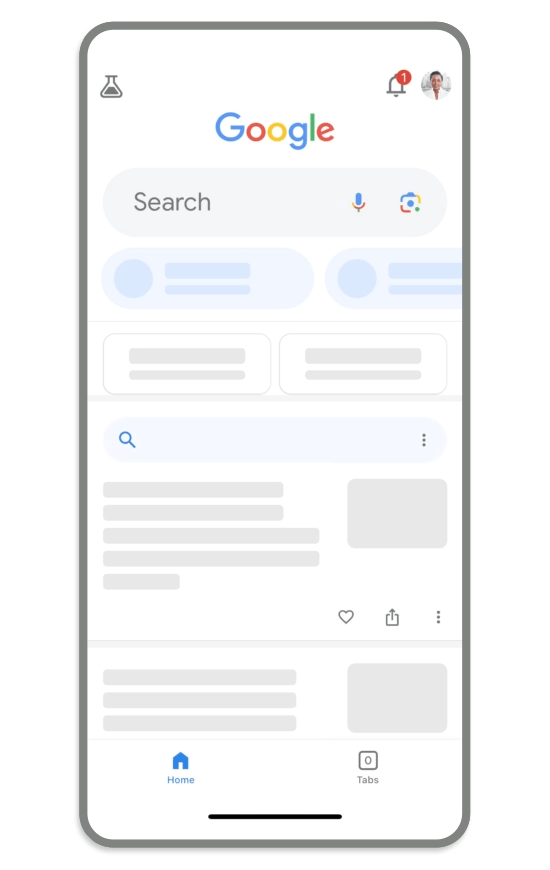(07/08/23) Blog 219 – New privacy tools from Google
Last week, Google announced a number of new privacy tools aimed at allowing users to stay in control of personal information, privacy and staying safer whilst online.
Remove yourself from search results
Last year, Google launched the Beta trial of their Results about you tool to make it easy for people to request the removal of search results that contain personal data such as phone numbers, home address or email details, right from the Google app or however you access Search.
Since then, Google have significantly updated and improved the tool, helping users to keep track of personal contact information in Search results and allowing users to enable alerts when Google find such data, so you can get it removed.
Currently, this service is only available in the US, but it will be rolled-out globally in the coming months.

Family safeguarding
Another announcement is that of the new safeguard that helps protect users from inadvertently encountering explicit imagery on Search. With this update, explicit imagery — such as adult or graphic violent content — will now be blurred by default when it appears in Search results.
The new SafeSearch blurring setting is rolling out for all users globally this month. You can adjust your settings and turn it off at any time, unless a guardian or school network administrator has locked the setting.
Google are also making it easier to find parental controls directly in Search. Just type in a relevant query like “google parental controls” or “google family link” and you will see a box with information on how to manage parental controls.
Updated policies for explicit imagery
For a long time, Google have had policies that enable you to remove non-consensual explicit imagery from Search results.
Building on those protections, Google now enable people to remove results any of their personal, explicit images that they no longer wish to be visible in Search results.
For example, if you created and uploaded explicit content to a website, then deleted it, you can request its removal from Search if it’s being published elsewhere without approval. This policy doesn’t apply to content you are currently commercialising.
More broadly, whether it’s for websites containing personal information, explicit imagery or any other removal requests, Google have updated and simplified the forms used to submit requests.
It must be noted however that removing content from Google Search results does not remove it from the web or other search engines.












